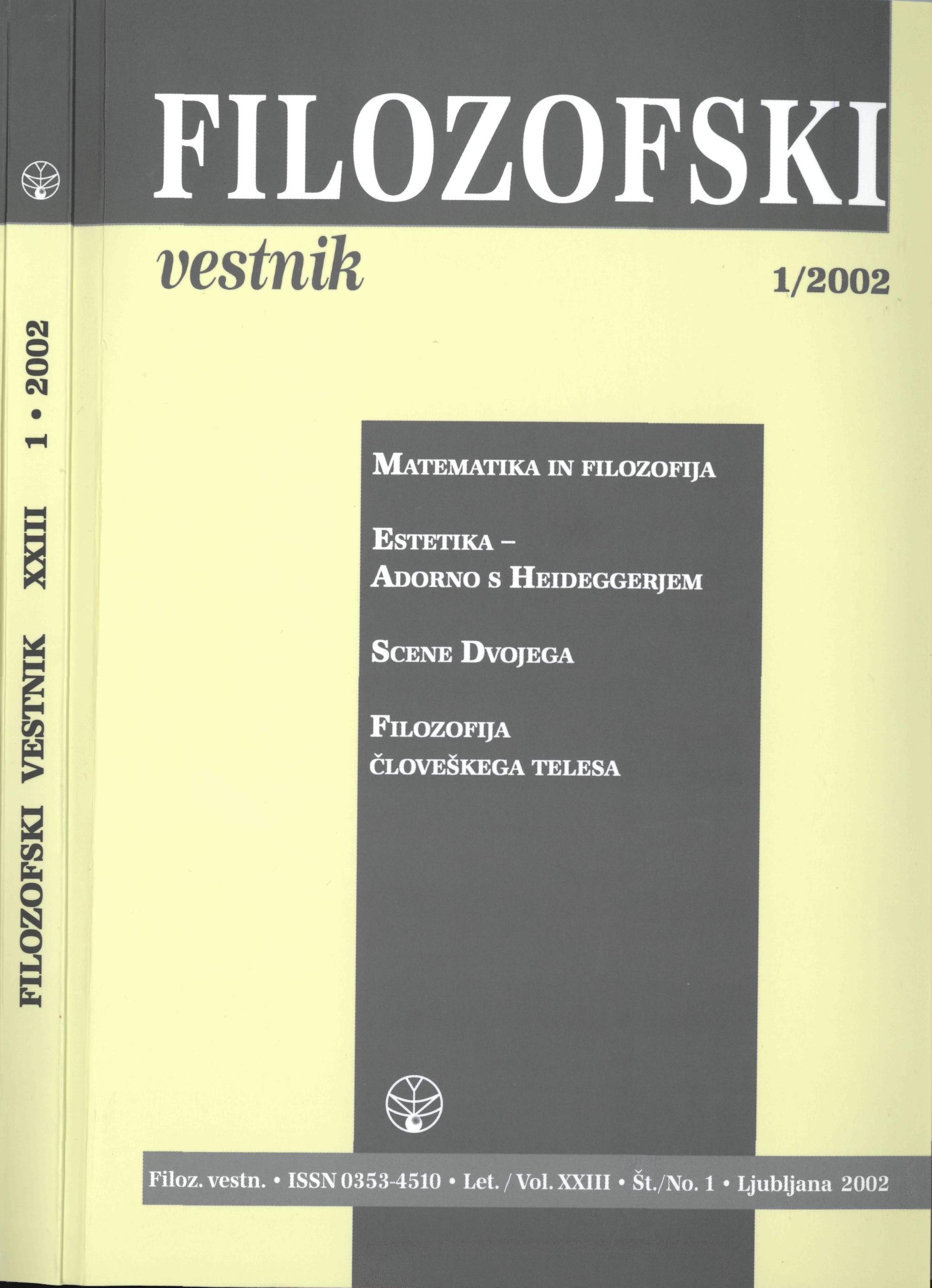Kako lahko apliciramo matematiko na svet?
Ključne besede:
matematika, svet, ideja, forma, struktura, uporaba, realizem, nominalizernPovzetek
V sestavku prikažem glavne filozofske razlage uporabe matematike na realni svet (Platon, Aristotel, racionalisti, empiristi, Kant, Frege, Husserl, Carnap idr.). Kažejo se tipične trikotniške strukture odnosov, v katerih matematične strukture nekako korespondirajo formam dejanskosti, to paje mogoče s skupnim nanašanjem na nekaj tretjega, karjih povezuje med seboj. Poskusi, da bi vprašanje uporabe matematike rešili tako, da prikažemo matematiko kot po-grešljivo (npr. Field), ne uspejo, ker ne razložijo, zakaj je prav matematika tako učinkovita v znanosti. Vendar pa opozorijo na pomen transpozicije empiričnih vsebin na raven matematičnih reprezentacij, kar ni niti abstrakcija, niti idealizacija, temveč preslikava v drug (formalni) jezik. Tudi nasprotni poskusi izenačenja matematike in temeljne strukture stvarnosti niso zadostna razlaga njene uspešnosti zaradi očitnih ontoloških razlik med matematičnimi in realnimi objekti. Končno se vrnem k Platonu in pokažem njegovo zavračanje zvajanja števil na množice. Moramo razlikovati idejo števil in njene različne vidike, npr. kardinalna in ordinal-na števila. Glede na ta platonski uvid obstaja le ideja števil, njeni vidiki pa so le delni odsev ideje v naših matematičnih teorijah in v uporabi matematike.Prenosi
Podatki o prenosih še niso na voljo.
Prenosi
Objavljeno
2016-01-06
Kako citirati
Ule, A. (2016). Kako lahko apliciramo matematiko na svet?. Filozofski Vestnik, 23(1). Pridobljeno od https://ojs.zrc-sazu.si/filozofski-vestnik/article/view/3410
Številka
Rubrike
Matematika in filozofija
Licenca
Avtorji jamčijo, da je delo njihova avtorska stvaritev, da v njem niso kršene avtorske pravice tretjih oseb ali kake druge pravice. V primeru zahtevkov tretjih oseb se avtorji zavezujejo, da bodo varovali interese založnika ter da bodo povrnili morebitno škodo.
Podrobneje v rubriki: Prispevki





